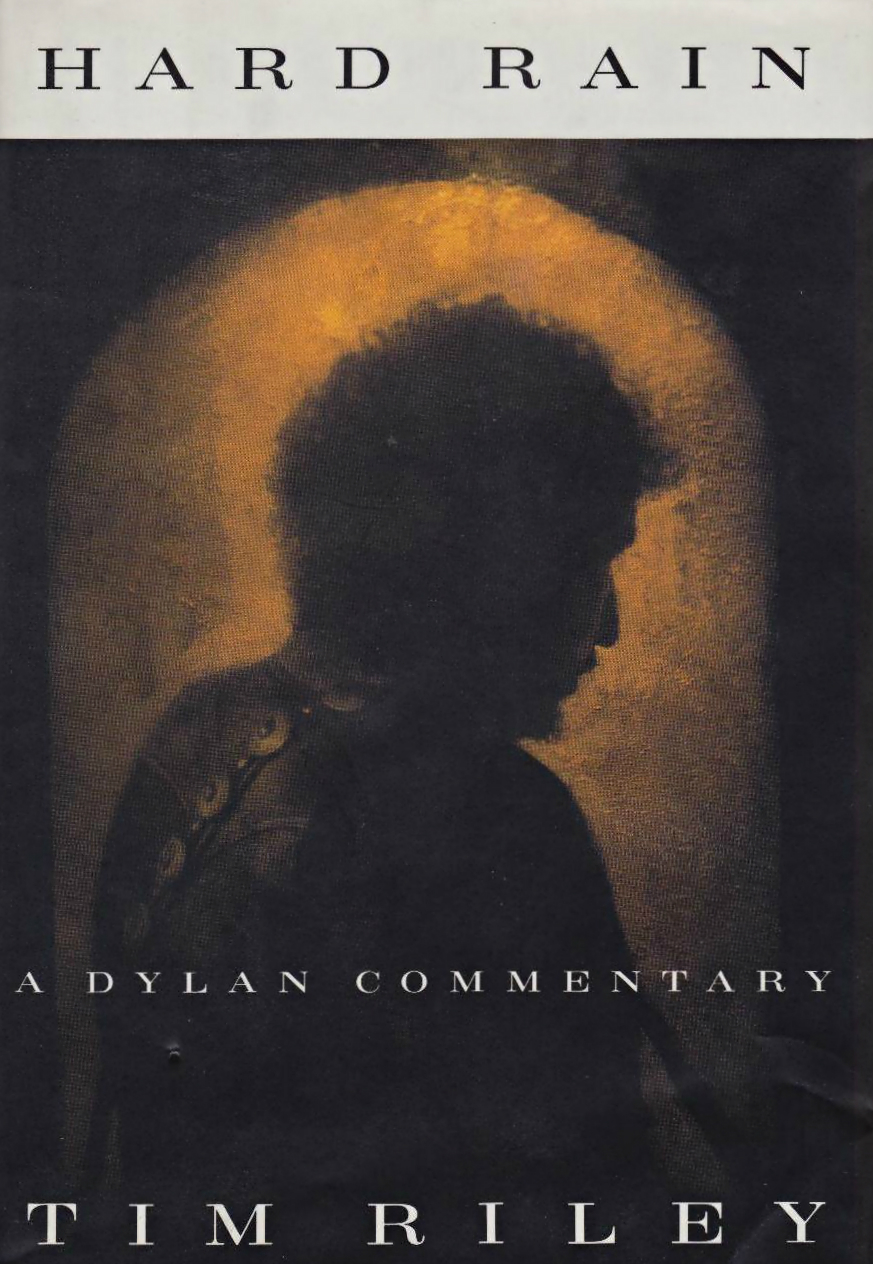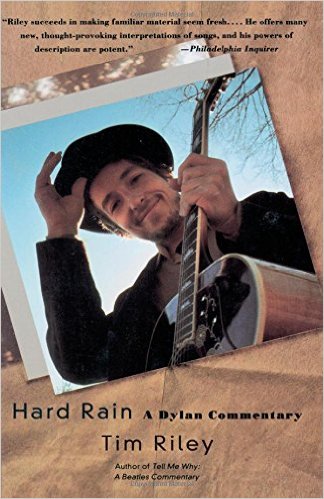Dylan’s Nobel
Extra points for how the announcement landed on Paul Simon‘s 75th birthday (October 13). I like what Milo Miles wrote:
Like many an academically beloved poet — say, Ezra Pound or T. S. Eliot — Mr. Dylan has always placed himself on a literary continuum where allusions focus and amplify meaning. — Jon Pareles, NY Times
I think this is true. But speaking of continuums, I also think poetry and song lyrics lie along one of them doohickeys. At one end are impressive, irresistible poems that can’t be set to any substantial music without being blurred or diminished. At the other end are perfect words for knockout songs that don’t work a fraction as well without their music raiment.
No question Dylan lies way more toward the literary end of the scale. But that does not mean the opposite ends of the continuum are identical. My serious gripe is with the Nobel categories. Why in the blank hell is there no Nobel Prize for Music? [ephasis added] If you want to go over the top, you could holler that the Lit Prize is a bit of a dis to Dylan — implying that none of his tunes belong in the same exalted universe as his lyrics.
Remnick quotes Dylan on Leonard Cohen, proving he should keep writing books:
“His gift or genius is in his connection to the music of the spheres,” Dylan went on. “In the song ‘Sisters of Mercy,’ for instance, the verses are four elemental lines which change and move at predictable intervals . . . but the tune is anything but predictable. The song just comes in and states a fact. And after that anything can happen and it does, and Leonard allows it to happen. His tone is far from condescending or mocking. He is a tough-minded lover who doesn’t recognize the brush-off. Leonard’s always above it all. ‘Sisters of Mercy’ is verse after verse of four distinctive lines, in perfect meter, with no chorus, quivering with drama. The first line begins in a minor key. The second line goes from minor to major and steps up, and changes melody and variation. The third line steps up even higher than that to a different degree, and then the fourth line comes back to the beginning. This is a deceptively unusual musical theme, with or without lyrics. But it’s so subtle a listener doesn’t realize he’s been taken on a musical journey and dropped off somewhere, with or without lyrics…”
See earlier Dylan posts here, here and here. Emerson College interview (“And what about CRITICS? Don’t WE write literature too? Give a big kiss to Clive JAMES before he dies!”) here. All Dylan links.
Accidental Life: An Editor’s Notes on Writing and Writers, by Terry McDonell (Knopf)
Recommended, forgiving a few whoppers (like page 75, where he claims “For years there was no finer writer at Rolling Stone…”). This from a man who edited both Thompson and Marcus.


